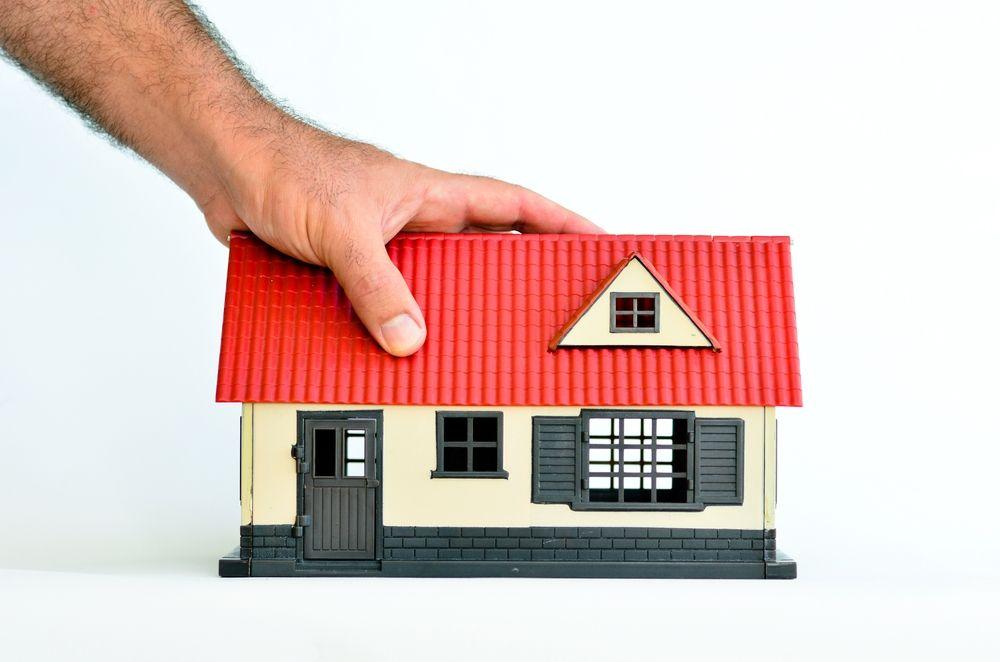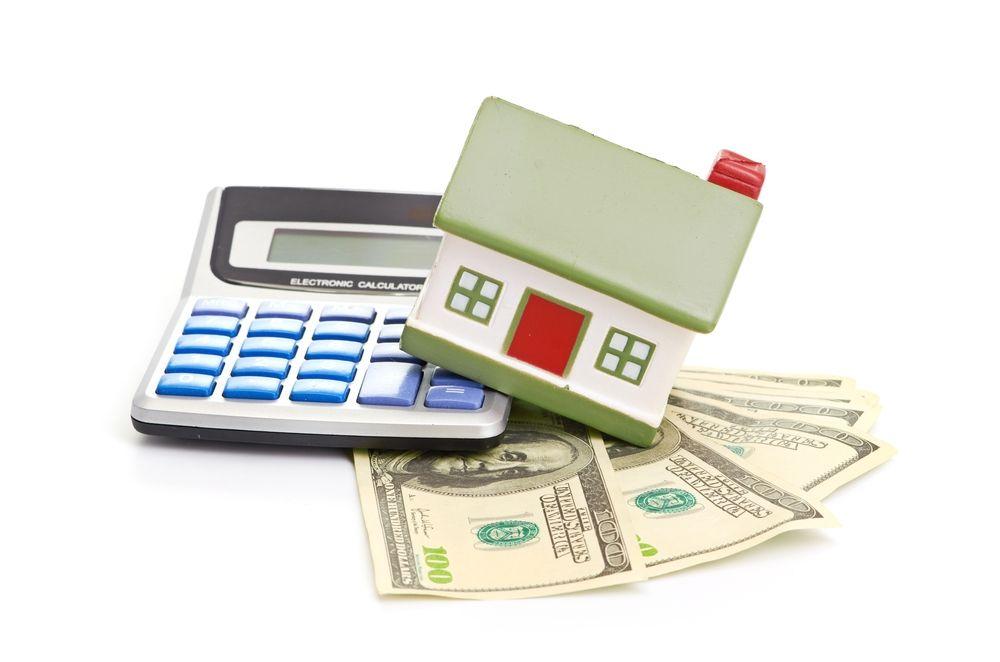One way or another, buying a house is expensive. Even while many people are prepared for the financial impact, some are still caught off guard by those hidden costs and unforeseen repair bills.
That is why preparation is key. Buyers shouldn't enter a real estate transaction blind, and a home inspection can be a serious benefit. Both before looking, during the negotiations and after closing buyers should plan ahead and get ready for the surprise costs associated with homeownership.
Start a budget early
The earlier the better when it comes to a budget. Without a sound strategy, odds are buyers will end up with a money pit on their hands, according to Bankrate.com.
"If buying a home is your goal, then it needs to be your priority," Tim Kirchner, vice president of MetLife Bank in Irving, Texas, told the news source. "Most people need to sacrifice a little and stick to a budget in order to save for a home."
These plans should start at least several years before making that first offer, Bankrate.com explained. That way, potential buyers have plenty of time to build credit to qualify for a good mortgage. In addition, it also allows people to save money for any unpredictable expenses, like home repairs and renovations once the house is settled.
Don't get caught off guard
The easiest way to blow a budget is by running into unexpected problems. Therefore, a property inspection is crucial before closing. With one, potential buyers won't miss any serious problems, and they'll have a better understanding about what they're walking into.
For some homeowners, the mounting repair bills eventually become too much, according to The Wall Street Journal. Virginia residents George and Carol Fulton explained to the news source that their home started to need so many fixes that they actually started to shop for houses again, with their eyes set on something new.
Overall, these newer properties tend to have fewer problems, The Wall Street Journal reported. The older it is, the more likely costly repairs will start to add up. Oftentimes, things start to multiply 10 to 20 years after a house was built. Several ways to combat rising expenses is to either clean and maintain instead of replace, and to take a do-it-yourself approach to repairs.
In order to avoid purchasing a money pit, buyers should consult a home inspection professional. These experts can provide crucial insights into a property, and advise on which concerns are valid, and which ones aren't.
Get the Latest Insights!
Sign up to stay up to date with latest tips, trends and updates from WIN.












